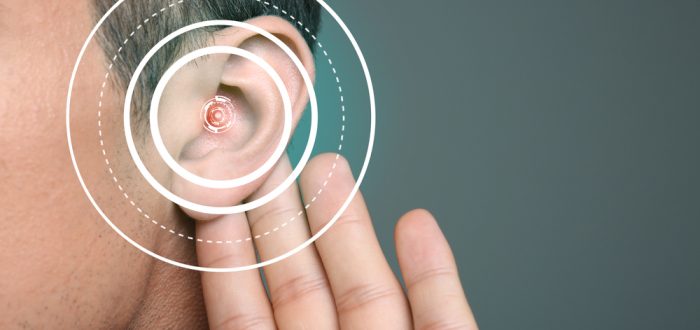Suddenly losing most or all of your hearing should be treated as a medical emergency. So if this happens to you or someone you know (especially if accompanied by tinnitus, dizziness or vertigo symptoms) please contact a hearing care professional ASAP.
What is SSNHL?
SSNHL is sudden sensorineural (inner ear) hearing loss, otherwise called sudden deafness. It’s an unexplained and rapid loss of hearing, than can affect one or both ears. ‘Sudden’ can be instant i.e. following a ‘pop’ in the ear, or more gradually over a few hours and up to a period of 3 days. You may notice upon waking or when trying to use the phone. You may also experience a ‘full’ feeling in that ear.
The condition happens when something is wrong within the sensory organs of the inner ear. Unfortunately, many people ignore symptoms in the hope it’s related to a cold or allergy. This makes it difficult to estimate how common the condition is. Experts currently estimate that each year 1-6 people in every 5,000 are affected.
Some interesting facts:
- In 55% of cases where one ear was affected – it was the left ear.
- Only 2% of cases affected both ears.
- It affects nearly the same amount of men as women.
- It often occurs to people in their late 40s and early 50s.
- 70% of cases also suffer with tinnitus.
- 50% of cases suffer with Vertigo.
- In half of the cases hearing returns to normal within 2 weeks.
What To Do
Your doctor will initially rule out a conductive hearing loss, typically caused by a blockage. Then a pure tone audiometry test will be performed to measure what degree of hearing has been lost. Further tests may be planned to determine the cause of SSNHL. Treatment such as steroids will be discussed or hearing aids if the hearing loss is found to be permanent.
Causes
Little is known about the causes of this condition and research continues. A cause is only identified in 10-15% of cases, however NIDCD does list these potential causes.
- Infections such as Measles, Mumps or Meningitis
- Head Trauma
- Autoimmune diseases such as Diabetes or Rheumatoid arthritis
- Some medications that treat cancer or serious infections
- Neurological Disorders
- Blood circulation problems such as Hypertension, Stroke or Heart disease.
- Inner ear disorders such as Meniere’s or Labyrinthitis.
- Rare genetic abnormalities such as Usher’s syndrome or Otosclerosis.
Some chemicals, prolonged use of painkillers, stress and migraine are also possible causes.
Need Help? Contact Us Today!
Taking care of yourself and getting treatment as soon as possible will increase the chances of recovering your normal hearing. And, even if sensorineural hearing loss becomes permanent we can offer treatment such as hearing aids. At Kenwood Hearing Center, we offer a variety of hearing care services. If you would like to schedule an appointment for a comprehensive hearing evaluation, feel free to contact us at Kenwood Hearing today. Our friendly staff of hearing care professionals is committed to helping you address all your hearing concerns.
